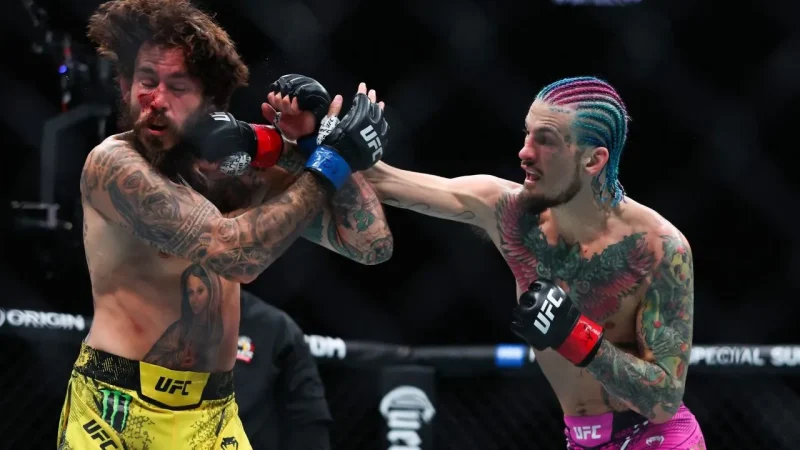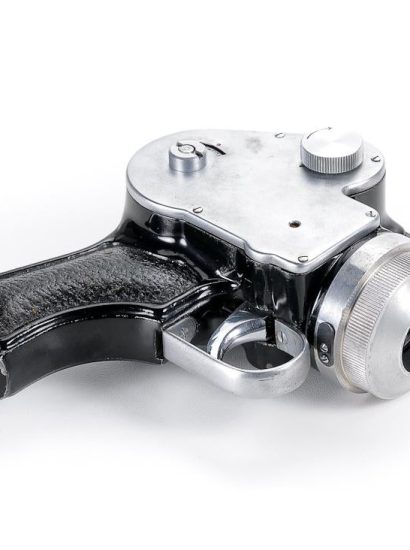Mixed Martial Arts (MMA) is one of the fastest-growing sports in the world, and at its pinnacle stands the Ultimate Fighting Championship. The UFC has captivated millions with its blend of striking, grappling, and high-octane competition. Understanding the rules and regulations that govern this sport is essential for any fan. This article aims to provide a comprehensive guide to the essential rules and regulations of the Ultimate Fighting Championship, ensuring you have the knowledge needed to fully appreciate the intricacies of the sport.
UFC: Weight Classes
The Ultimate Fighting Championship features multiple weight classes to ensure fair and balanced competition. Fighters are categorized into divisions based on their weight, ranging from Strawweight (up to 115 lbs) to Heavyweight (over 205 lbs). Each weight class has its own champion, and fighters must weigh in the day before the fight to ensure they meet the required weight.
UFC: Rounds and Time Limits
UFC fights are typically scheduled for three or five rounds, depending on the significance of the bout. Non-title and non-main event fights usually consist of three five-minute rounds, while title fights and main events are five rounds of five minutes each. Between each round, fighters receive a one-minute rest period.
UFC: Victory Conditions
A UFC fight can be won in several ways: by knockout (KO), technical knockout (TKO), submission, decision, or disqualification. A KO occurs when a fighter is rendered unconscious by strikes. A TKO is declared when the referee stops the fight due to a fighter being unable to continue. Submissions happen when a fighter taps out or verbally submits due to a hold. Decisions are made by judges if the fight goes the distance, and disqualifications occur if a fighter breaks the rules.
Scoring System
If a fight goes the distance, the outcome is determined by a panel of three judges using the 10-point must system. Each round is scored individually, with the winner receiving 10 points and the loser typically receiving nine or fewer. Judges evaluate fighters based on effective striking, grappling, aggression, and octagon control.
Fouls and Penalties
The Ultimate Fighting Championship has a strict set of rules governing fouls to ensure fighter safety. Common fouls include eye pokes, groin strikes, hitting the back of the head, and illegal elbows. Fighters who commit fouls may receive warnings, point deductions, or even be disqualified depending on the severity and intent of the foul.
Referee Responsibilities
Referees play a crucial role in UFC fights, ensuring the safety of the fighters and the fairness of the contest. They have the authority to stop the fight if a fighter is no longer able to defend themselves, to stand fighters up if there is a lack of action on the ground, and to separate fighters from clinches if necessary. Referees also enforce the rules and issue warnings or penalties for fouls.
Medical Examinations
Before and after every UFC fight, fighters undergo thorough medical examinations. Pre-fight medicals ensure that fighters are fit to compete, checking for any injuries or conditions that could pose a risk. Post-fight medicals assess the impact of the fight, looking for signs of concussion or other injuries. Fighters who sustain significant injuries may be placed on medical suspension until they are cleared by a doctor.
Drug Testing
The UFC has a stringent anti-doping policy to ensure a fair and level playing field. Fighters are subject to random drug testing by the United States Anti-Doping Agency (USADA) both in and out of competition. Testing checks for banned substances, including performance-enhancing drugs (PEDs) and recreational drugs. Fighters who fail drug tests face suspensions, fines, and the potential nullification of their fight results.
Fighter Conduct
Fighter conduct, both inside and outside the octagon, is governed by the Ultimate Fighting Championship’s code of conduct. Fighters are expected to adhere to standards of sportsmanship and professionalism. Unsportsmanlike behavior, such as trash talking that crosses the line into harassment or assault, can result in fines, suspensions, or termination of contracts. The UFC also expects fighters to act as role models and ambassadors for the sport.
Corner and Coaching Regulations
Fighters are allowed to have a team of coaches and cornermen to support them during fights. The UFC regulates the conduct and number of corner personnel. Typically, a fighter is allowed up to four cornermen, who provide advice, apply ice packs, and give moral support between rounds. Cornermen must adhere to strict rules and can be penalized for infractions such as entering the octagon during a round or using banned substances.
Conclusion
Understanding the rules and regulations of the UFC is crucial for any fan looking to deepen their appreciation of the sport. From weight classes to victory conditions, each aspect plays a vital role in ensuring fair and exciting competition. The Ultimate Fighting Championship’s commitment to fighter safety, fair play, and integrity has helped it become the premier organization in MMA. Whether you’re a new fan or a seasoned follower, knowing these essential rules enhances your viewing experience and appreciation for the athletes who compete at the highest level.
FAQs
Q1. What happens if a fighter misses weight?
If a fighter misses weight, they typically have an additional hour to make weight. If they still fail, they may forfeit a percentage of their purse to their opponent, and the fight can proceed as a catchweight bout. In some cases, the fight may be canceled.
Q2. How are UFC judges selected?
Ultimate Fighting Championship judges are selected and assigned by the athletic commission overseeing the event. They are experienced professionals trained to evaluate MMA fights based on established criteria.
Q3. Can fighters appeal a referee’s decision?
Yes, fighters can appeal a referee’s decision through the athletic commission. However, overturning a decision is rare and requires substantial evidence of a significant error or rule violation.
Q4. What is a no-contest in the UFC?
A no-contest occurs when a fight is stopped due to an accidental foul or other unforeseen event that prevents the boat from continuing, and there is no clear winner.
Q5. How does the Ultimate Fighting Championship handle fighter injuries?
The Ultimate Fighting Championship provides comprehensive medical care for fighters, including pre- and post-fight examinations. Fighters who suffer significant injuries are placed on medical suspension and must be cleared by a doctor before returning to competition.
Also read: CHICAGO SKY VS FEVER: 10 AMAZING REASONS THIS GAME WAS A MUST-SEE SHOWDOWN









